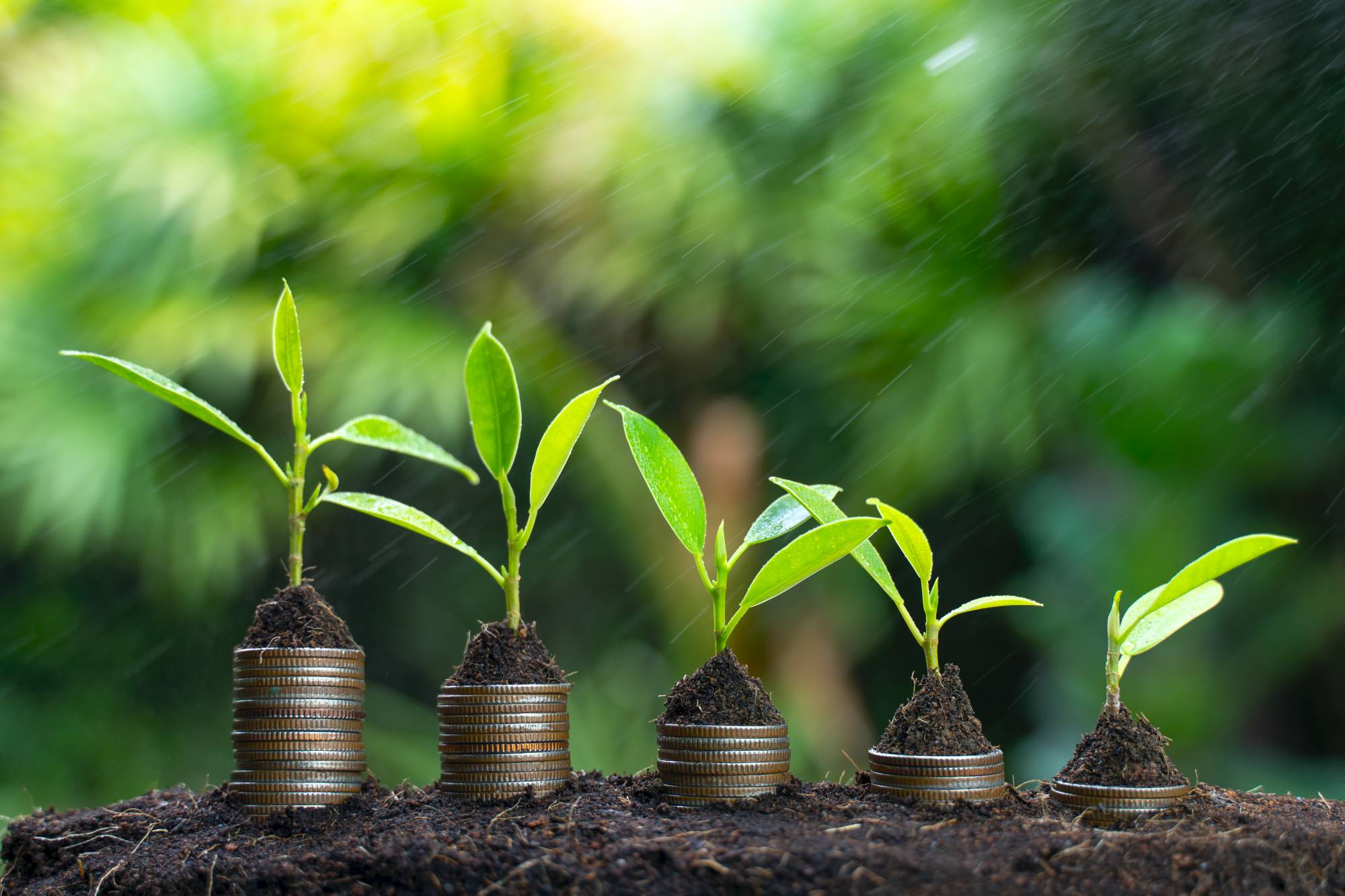Last year, the World Economic Forum’s annual Global Competitiveness Report assessed 141 governments’ future-readiness and found that most rated poorly on this and other crucial long-term indicators. Yet now that the pandemic-induced lockdown is wreaking havoc on the global economy and exposing the inadequacies of many institutions, an era of bigger — and perhaps bolder — government has arrived.
Already, an estimated $9 trillion has been pumped into the global economy to support households, stem job losses and keep businesses afloat. Now that some countries are beginning to emerge from lockdowns, their leaders have a unique opportunity to reshape the economy to provide better, greener, and more equitable outcomes for all.
The crisis offers an opportunity for what the World Economic Forum has deemed the “Great Reset,” starting not at some point in the distant future but right now. Building on the lessons learned during the 2008 financial crisis and its aftermath, many governments are attaching a range of meaningful conditions to bailouts and other rescue measures. The short-term assistance being provided today can and should be leveraged to encourage more responsible business practices, save jobs, address inequality and climate change, and build long-term resilience against future shocks.

















With your current subscription plan you can comment on stories. However, before writing your first comment, please create a display name in the Profile section of your subscriber account page.